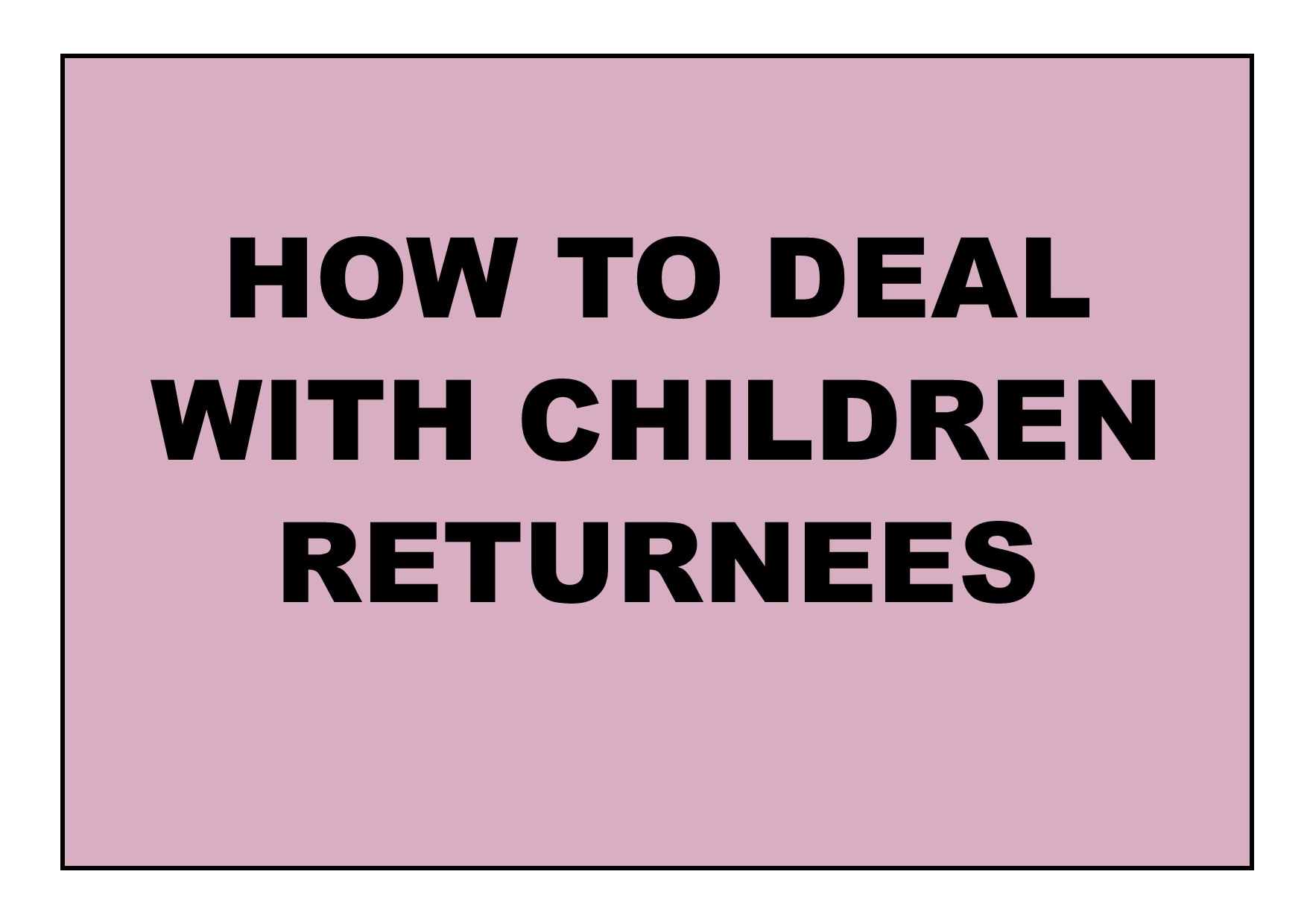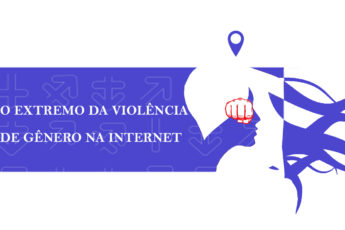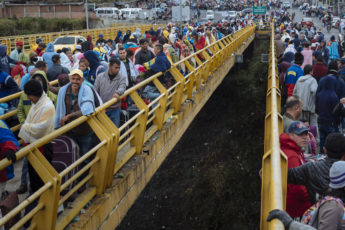
The Radicalisation Awareness Network (RAN) – organization that brings together practitioners from around Europe who works to prevent radicalisation – released a paper entitled “Child returnees from conflict zones” whose aim is to present some recommendations about the situation of children who came back to Europe after having contact with Daesh doctrine in Syria and Iraq. According to the document, the number of children indoctrinated by Daesh is difficult to quantify. However, it is believed that thousands of children who either were born or raised in Syria/Iraq have started coming to Europe. The Netherlands’ General Security and Intelligence Services believes at least 70 children with Dutch connections were living in Daesh territory. Some reports point out the existence of 31.000 women pregnant in the region.
According to RAN, it is important to recognize the signals and symptoms of trauma in the children in different levels so as to interpret correctly their behavior. The United Nations has already warned the international community that children have been used by the extremist group to carry weapons and guard strategic locations. Some of them were also used as suicide bombers. Besides the trauma caused by the exposure to violence acts, children can also become traumatized during the resettlement process. If not treated, these types of trauma can increase the risk of physical and mental disorders in the future.
In addition to the correct diagnosis, it is also recommended that authorities make proper interventions so as to maximize the wellness of families that had some kind of contact with violence in Syria/Iraq so as to prevent their children from reproducing that violence in the future. It was stated that the most appropriate policy must assume that all children returning from conflict zones have experienced traumas and need intervention. It is important to highlight that it does not mean that every child is a potential extremist.
The document also underscores the role played by family on interventions, as families with financial stability tend to provide a healthier environment to the mental and physical recovery of the child. The report concludes saying that is necessary to have in mind that children also have a huge capacity for resilience and healing:
It is imperative that emerging policies and procedures take a humanitarian-based approach to managing these returnees and consideration of developmental frameworks can and should reduce the possibility of causing further victimization, stress and trauma consequently negating the risk that children may pose to others in the future
The full paper can be accessed here: https://ec.europa.eu/home-affairs/sites/homeaffairs/files/what-we-do/networks/radicalisation_awareness_network/ran-papers/docs/issue_paper_child_returnees_from_conflict_zones_112016_en.pdf?utm_content=buffer8aa7e&utm_medium=social&utm_source=linkedin.com&utm_campaign=buffer
By Raiane Cardoso (UFRJ/BRAZIL)




